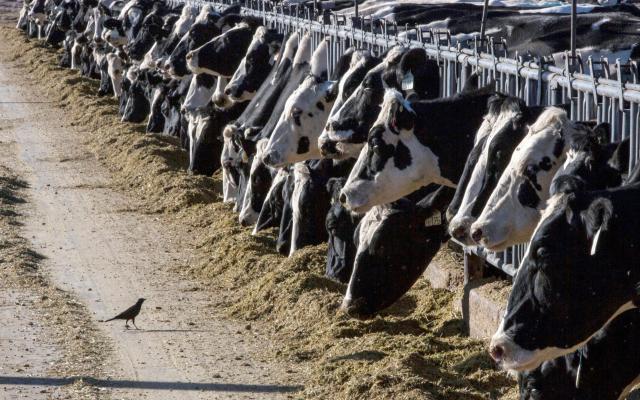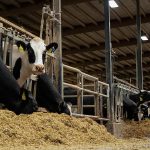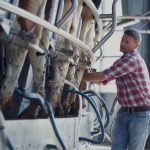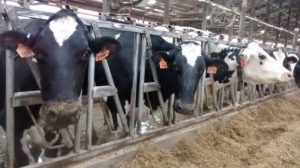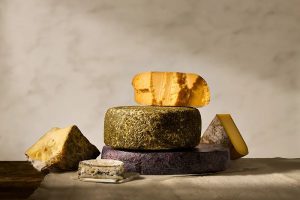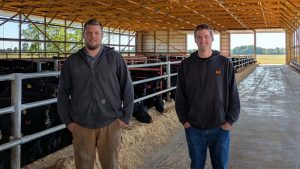
The goats are super cute.
Our cover story this week is about dairy farming in New Mexico, and its economic impact in the state.
It’s nothing to scoff at.
There are lots of dairy farms throughout New Mexico. We focused on cheese producers. New Mexico makes 7.4% of all U.S. cheese, according to NMSU.
The state is investing money into the New Mexico Cheesemaker Incubator to help cheesemakers improve their skills, and provide them with resources to grow their businesses. That incubator could also serve as a way for cheesemakers to network within the industry. There are also plans for some sort of community space for cheese to age. Such places would require significant investment from a small farmer.
One of the reasons we focused on the industry is because, at least for me, it can be overlooked when you live and work in Albuquerque, New Mexico’s most populous city. However, just on the outskirts of town are farmers raising goats in Corrales and cows in Bosque Farms.
According to NMSU, dairy farming makes up nearly 7% of the states gross domestic product and supports about 7,000 direct jobs and nearly 18,000 indirect jobs.
We also talked to the New Mexico Cheese Guild, who works to support the industry. They said they are focused on assisting the small-scale farmers.
“We’re trying to support local small scale, like less than 100 head, but even smaller than that, almost like backyard farmsteads where people have five or six goats or cows and they want to just produce enough cheese and milk products for their family, maybe their friends, maybe go down to the local growers market,” said Lissa Knudsen, the president of the board of the guild.
Knudsen said smaller farms, while also producing local food and growing the economy, are also better for the environment.
She said that New Mexico is taking a different approach to producing food.
I found it fascinating that dairy farmers, including Brown and her 15 cute goats in Corrales, come together to create an economic engine that leads to billions of dollars and tens of thousands of jobs.
I’ve got to try that cheese.
You can now read the most important #news on #eDairyNews #Whatsapp channels!!!
🇺🇸 eDairy News INGLÊS: https://whatsapp.com/channel/0029VaKsjzGDTkJyIN6hcP1K
